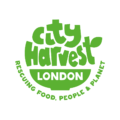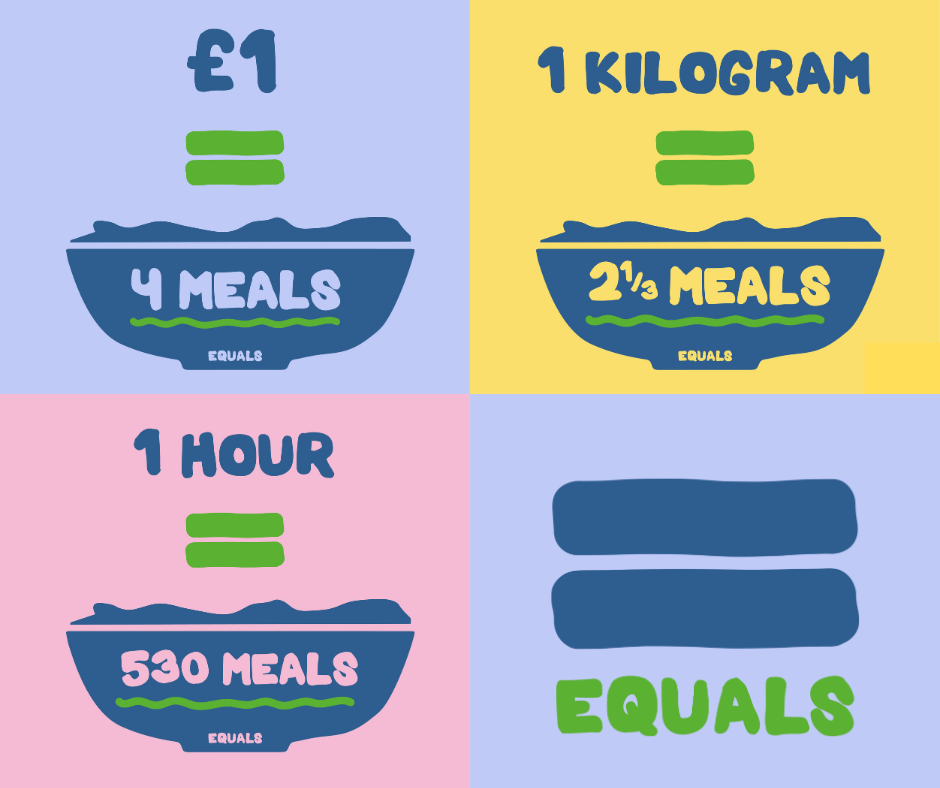Time’s up on food waste
By Giles Moody, Head of Data & Tech, YF and Food Council Member, City Harvest.
It’s no secret that food suppliers sometimes produce more stock than they need to fill orders from their customers.
Likewise, shops, supermarkets, and restaurants sometimes order more than they need to serve their customers. The threat of unfulfilled orders, empty shelves, or not being able to meet customer demands is a constant reality. This is especially so for food suppliers and retailers whose supply chains are at the mercy of geopolitical factors.
The trolly of reduced bread, the eggs that might expire next week. Even the sugar-laden treats all have a best before or hard-stop expiration date. But having too much of a good thing doesn’t just lead to special prices. It leads to excess food waste.
According to a report by The Grocer, UK supermarkets throw away as many as 100,000 tonnes of food every year. [1] Experts say if repurposed, this so-called waste could feed up to 30 million Brits a year.[2]
Meanwhile, food poverty is on the rise as the cost of living continues its upward trend. In September 2022, almost 10 million adults experienced food insecurity.[3] And in the first quarter of 2023, an estimated one-in-seven people across the UK will skip meals because they can’t afford the essentials.
The result? More and more people – maybe even someone you know at work, or a neighbour – are relying on food banks.
Millions of Meals on wheels
At YF, we work with retailers, investors and exciting, entrepreneur-led brands looking to disrupt their market category. Of the top 100 grocery brands in the UK, not a single one is under 20 years old. YF exists to change that, by helping young brands to scale and reach more consumers.
So, when I came across City Harvest, I knew their proposition could truly disrupt the stale cycle of food waste, and I wanted to donate my time to help. My colleagues were eager to get on board too, making it a team effort, and now many of our brand and retailer clients can find a home for products they can’t sell.
Based in Acton, City Harvest employs van drivers to cover the greater London area and beyond. So far, they have delivered 17,874 tonnes of rescued food. That adds up to more than 42 million nutritious meals.
The charity functions like a community supply chain. But its success depends entirely on volunteers and donations.
Next-gen thinking
Until now, the cheapest thing to do with excess food waste was to destroy it and absorb the cost. Working in the FMCG sector in 2023, we’re seeing an uprising of sorts from the mission-led brands run by inspired entrepreneurs. This is in part fuelled by a desire to become a B Corporation, something that many of our client brands have achieved.
These future industry leaders see the world in a way that old-school names perhaps don’t – or not yet at least. It’s one of their USPs. And this unique perspective is driving a generational change about food waste – a consciousness evolving.
In my role as a City Harvest Food Council member, I get to collaborate with London’s restauranteurs, retailers, farmers and financiers on projects that can make a big difference. We know that there will always be some element of food waste. But as businesses and community stakeholders, it’s up to us to minimise it as much as possible.
Part of that means becoming a B Corp. At YF, we recently received our B Corp designation, so we’re all-in for supporting City Harvest in the future. We’re already seeing the great benefits of being a part of the B Corp movement and at an individual level, I know this was a real milestone for everyone at YF.
The emerging shift in social consciousness can benefit every stakeholder in a product’s lifecycle, from the brand chasing a B Corp certificate to the end-user who can’t afford the essentials. Encouraging big brands to waste less and give more will, fundamentally, be driven by us consumers, and our evolving demands for a greater social impact.
If you’d like to support City Harvest by donating your time or excess stock, visit cityharvest.org.uk. It’s easy to get involved. The team will do all the heavy lifting, collecting your unwanted food waste from your door.


